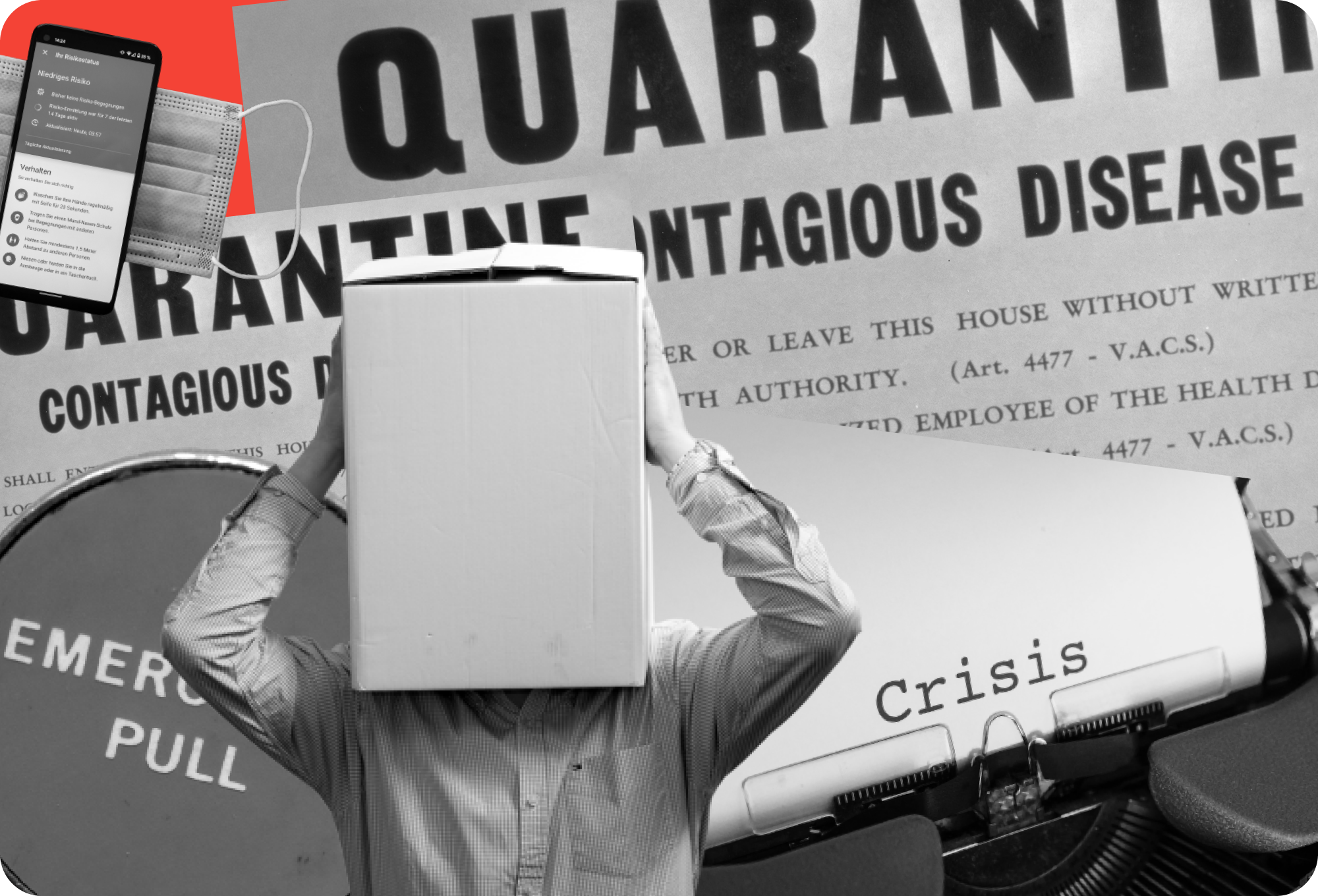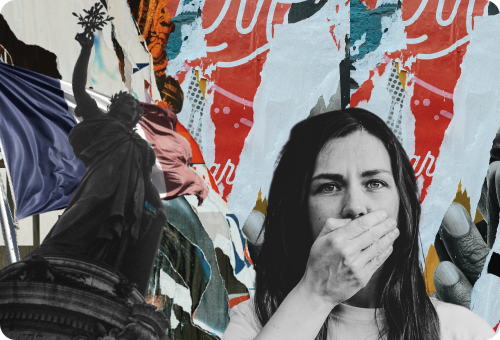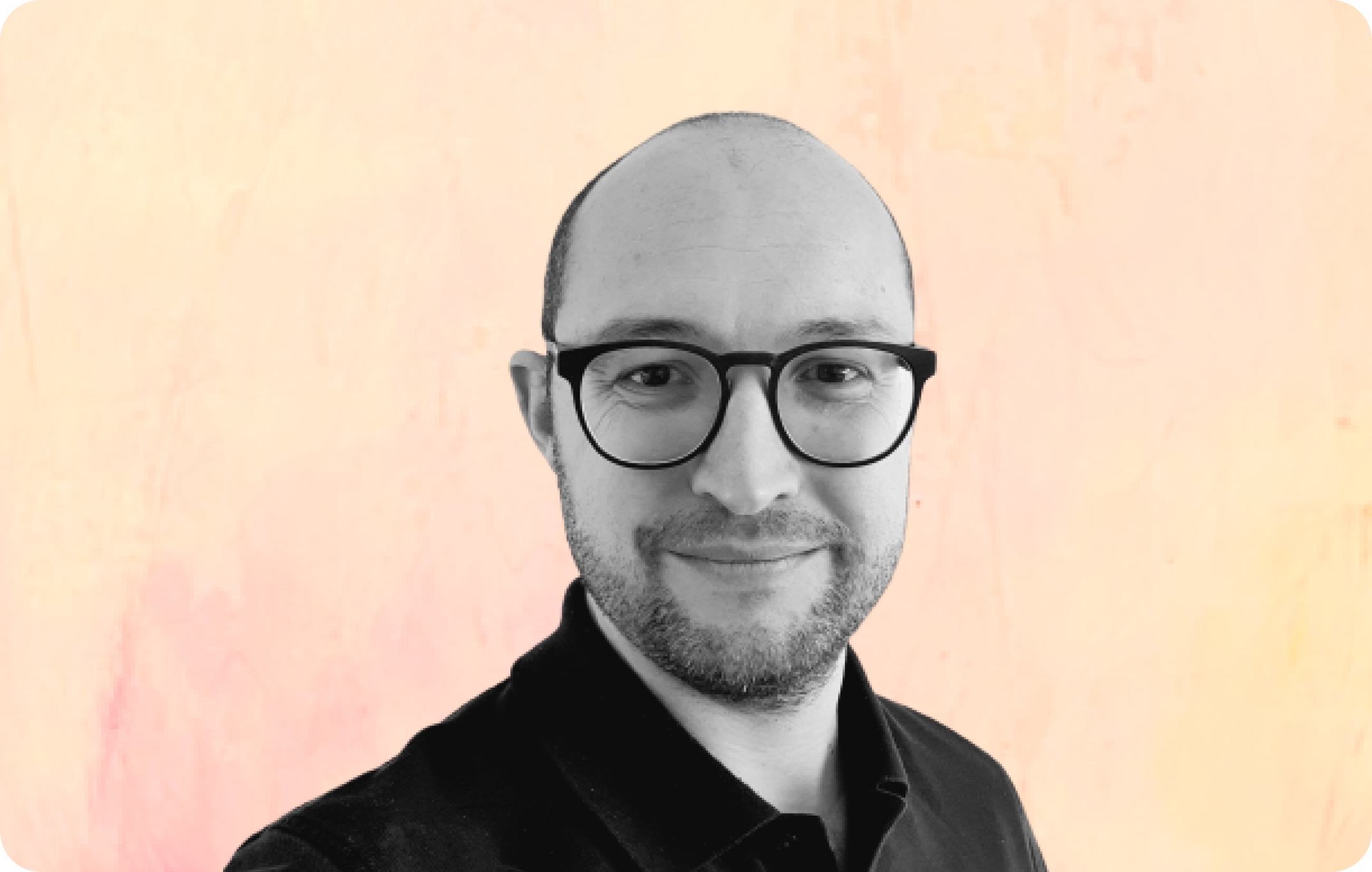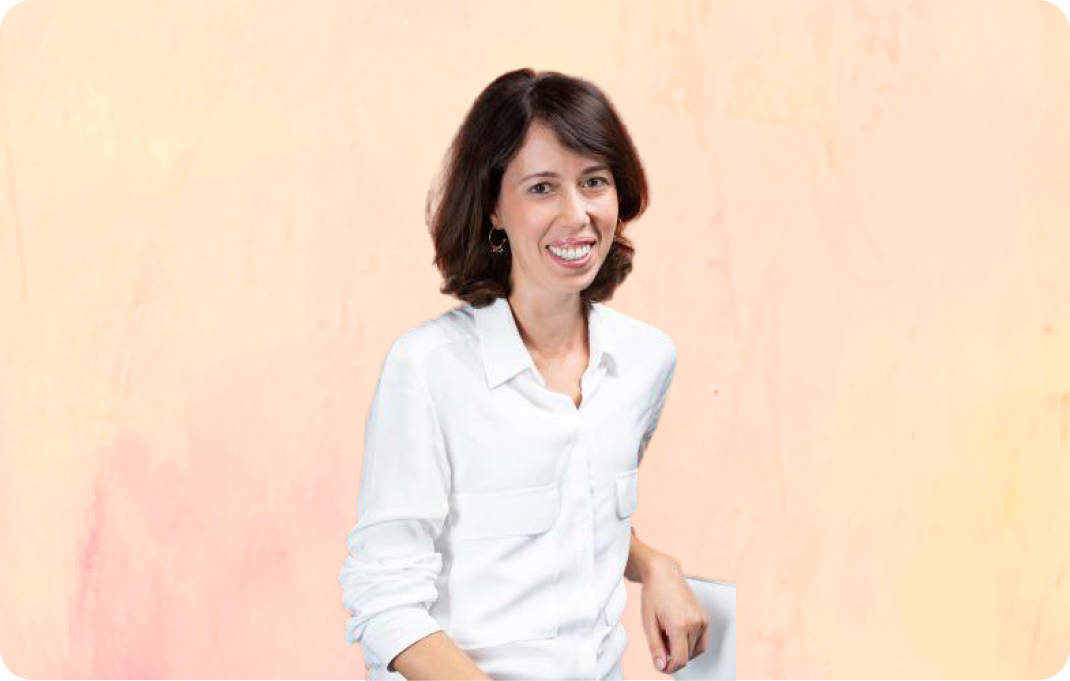Experiencing an industrial accident from the inside, dealing with an unprecedented health crisis, managing complex litigation, finding an alternative to a software publisher that suddenly goes bankrupt or to repeated government controls...
Crisis management is one of the steps to be checked off for any good lawyer.
How to deal with uncertainty? How do we manage such crises? And above all, how to get out of them?
The lawyers we interviewed have all lived through these events and told us their stories. Read about their experiences.
Experiencing an industrial accident from the inside
"You'll see, when you come out of this crisis, you won't be the same man, nor the same lawyer."
These are the words spoken by Nicolas Le Floch's former manager, a few days after the fire.
It was 26 September 2019.
It was 2.45 am, the Lubrizol factory was burning and the city of Rouen would wake up a few hours later under a huge plume of black smoke.
The fire at the Lubrizol plant is one of the major industrial disasters since the explosion at the AZF plant in 2001.
Three years ago, Nicolas Le Flochwas a lawyer at Lubrizol France.
Nicolas told us about this period onWords from the Lawyers starting, not without humour, by paraphrasing Jacques Séguéla: "If you are a lawyer and you have not experienced a crisis before the age of 50, you have missed your life.
Joking aside, this event marked Nicolas' professional life.
"I'm awake at night, I think I'm being robbed but in fact I'm not... I understood later that it was gas bottles that were exploding. The first AFP dispatch came, fire at the Lubrizol factory. No way to get back to sleep. I think I'm going to lose my job.
The next day, Nicolas went to the Lubrizol site in Le Havre.
Faced with his legitimate fear of losing his job, he was told that "if there is one department that will be busy over the next few years, it will be the legal department".
Far from the chaos, what Nicolas will remember from this period is above all the collective energy.
A real anthill. "You have to imagine people moving at full speed in the corridors, with a lot of information to absorb.
Faced with the media coverage of the fire, Nicolas tried, on a personal level, not to follow the newspapers or social networks.
"When you live something from the inside, when you care about accuracy, you are always sorry to listen to some inaccuracies."
Faced with the scale of the events, the media coverage, the frenzy of crisis management, Nicolas confided to us that a form of collective resilience had been put in place: "This is what helped me the most".
"I remember these lunches which brought together all the employees, whatever the level of hierarchy in the company. Knowing that I used to be based in a five-storey building with departments on each floor. We have moved from a vertical to a totally horizontal system. Both literally and figuratively. I remember sharing an office with my colleagues from other departments and we realised that information flowed better this way, in open space."
But how do you prepare for such a situation? If a crisis is part of every in-house lawyer's life, is it wise to prepare for it? Nicolas confided to us that neither law school nor his previous experience had taught him how to deal with this type of crisis.
In terms of workload, there was obviously a huge amount to be done and the whole company was totally dedicated to the effort. "We had to explain things to Lubrizol's parent company in the US."
The nature of Nicolas' assignments obviously changed and adapted to the nature of the crisis.
"We didn't see the light of day for two or three months. The emergency comes to you naturally. Little by little, my job changed. I was a corporate lawyer, with an EMEA scope. The mass of appeals, of litigation transformed me into a litigation lawyer."
What helped him to cope with this crisis? Feeling supported and encouraged.
"We received enormous and total support from the parent company with messages of encouragement from the CEO which I found admirable. I read them several times when I was in low spirits."
The factory partially restarted in mid-December 2019.
"If someone had told me that on 27 September 2019, I would never have believed it. But through this collective strength, this energy, the teams managed to do it."
A period rich in lessons. The crisis that we accept is an adventure. It is this phrase from Bertrand Picard that Nicolas will remember.
Watch the episode about Nicolas on Paroles de Juristes 👇
Responding to an unprecedented health crisis
Florence Rivat joined Evaneos in December 2019.
Evaneos, connects travellers with the best local agencies to offer a unique and more responsible trip.
In a few figures, Evaneos is :
- 160 destinations
- 500,000 passengers
- a presence in six markets (France, Germany, Netherlands, Switzerland, Spain and Italy)
At the time, Florence had no idea that she would be working in one of the sectors most affected by the health crisis.
"It happened very quickly! We had to have our first crisis meeting at the end of January. Did we realise the scale of what was in store for us? Not really. "
Florence remembers Eric, CEO of Evaneos, asking her this question:"What do we do if the borders of all the countries close?"
Containment, limited travel, closed borders in France and around the world: Florence, like all of us, had no idea that Eric's question would become a reality a few weeks later.
"You have to be reactive, resilient and deal with things step by step. I took things as they came. As I went along. I put the roadmap I had imagined for my first few months in a corner, there were other more important matters to deal with."
Florence Rivat's strength lies in her willingness to step out of her comfort zone and to constantly challenge herself.
Through her first 20 years of professional experience, Florence has discovered different areas of law from different angles, in different sectors, and has put what she has learnt in others at the service of each company.
"At the first crisis meeting, everyone turned to me and asked: What do we do with our travellers? I had never done Tourism Law, I had arrived not even two months before and I had started to read up on the subject but I hadn't yet taken the measure of it. I asked for a joker and contacted a consultant who briefed me on the subject and helped me for the first few days before becoming independent on the subject. It was an accelerated onboarding!"
How do you make teams autonomous and to what extent? This was the reflex that Florence immediately adopted.
Faced with the incredible production of new texts to deal with the health emergency, it was necessary to keep a watchful eye, alert the teams and train them, whether it was the HR teams on short-time working, teleworking or the business teams who dealt with questions related to tourism law.
"Ofcourse, I wasn't going to answer all the travellers' questions on my own," Florence joked. "Obviously, we had to train the customer service, give them the right tools to be as efficient and relevant as possible."
Florence created a FAQ using Notion.so and gradually incorporated answers to all the new issues that arose.
The health crisis was also marked by the widespread use of teleworking and the closure of schools. The boundaries between work and family life have been completely erased. Florence, like all parents with children at home, had to be creative and reorganise their lives in order to be able to get through their days without any problems.
"I went through what everyone else went through. The first confinement with three children at home was a bit of a sport. You have to reorganise your daily working hours with your partner. With my husband, we divided up the time slots differently. I woke up very early and worked from 5am to 9.30am. Then I would take care of the children. Then I would go back to work when my husband was taking care of the meals. It was quite folkloric. We all had to improvise!"
You have to grasp what's going on and tell yourself that this is an opportunity for something.
"Finally, when you come into a company to create a legal department and you are faced with a health crisis, it's a great opportunity to show from the start how the lawyer can be a business partner, pragmatic, present and help everyone. It's a great opportunity to showcase legal!"
It was this spirit that drove Florence and the entire Evaneos team forward to deal with this crisis.
Watch the Florence episode on Paroles de Juristes 👇
Dealing with complex litigation
"In just one week, the medical expertise firm Traces, charged with investigating the possible harmfulness of the glycol ethers used at the IBM production plant, has already isolated some forty suspect cases.
August 2020.
Le Parisien, Le Monde, Libération, Les Echos, L'Express: the entire press is seizing on the subject.
Head of litigation at IBM, Florence Saint-Hilaire has handled and won more than one case in her career.
"There have been allegations of problems with birth defects in children of parents who had worked on these sites."
This is a particularly sensitive issue, which IBM Corp. is looking at with great care.
"It was a stressful time in terms of responsibility. For me, it was no longer about money, it was about people and the image of the company that depended on it with a lot of psychological issues."
These were heavy subjects, both humanly and psychologically speaking, and at the same time fascinating because of the novelty of the subjects dealt with (chemistry, disease) for Florence.
"What struck me most was the human aspect of the expert meetings with the parents of children suffering from malformations. I still get breathless when we talk about it. You had to breathe before and breathe after."
In the face of such crises, the choice of a law firm as partner is particularly important.
"Fortunately I had got IBM Corp to work with counsel who were extremely humane and allowed me to take responsibility for what I was doing and explain to the parents that their children's deformities had nothing to do with their work."
Entering people's intimacy, questioning their certainties, living their family dramas, this is what Florence and her team had to do during a dispute.
"No one had explained to them where their children's problems came from and they thought they had found the answer. And they were told the opposite.
Florence and her team were supported by a specialist doctor and an expert in the field.
Florence's emotion was palpable during her appearance on Paroles de Juristes.
"On a human level, it was complicated. There are lawyers who do this all day long but it was not at all our core business. We were in the hard stuff, the IT, the software. I think it was this humanity that I had and that the lawyer who advised us had that made us win this case [...] For me it was emotionally very strong.
Watch the Florence episode on Paroles de Juristes 👇



